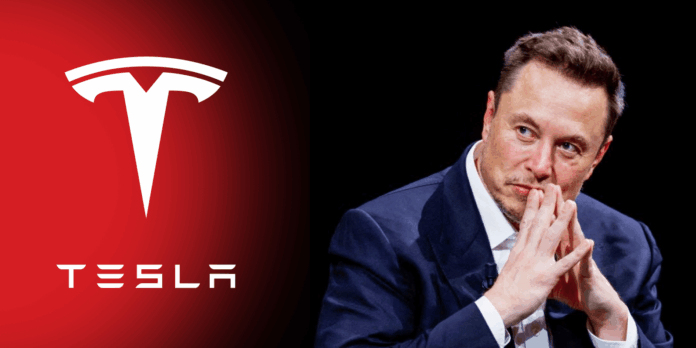The Tesla $1 Trillion Pay Deal has been formally approved, marking a watershed moment in executive compensation within the corporate sphere. At the annual meeting of Tesla, Inc. held in Austin, Texas, more than 75 % of shareholders voted in favour of the package for Elon Musk.
Background and Mechanics
The pay arrangement is structured as a performance‑based stock award, potentially worth up to US $1 trillion over the coming decade, if the company meets specified operational, profitability and market‑cap milestones. Key components of the plan include:
- A requirement for Tesla’s market capitalisation to rise substantially (from around US $1.5 trillion currently) to US $8.5 trillion.
- Delivery of tens of millions of vehicles, deployment of robotaxis, and commercialisation of humanoid robots.
- Shares for Musk vesting only upon achievement of both growth and value creation metrics.
Implications for Tesla and Shareholders
Strategic Signal
By approving this package, Tesla sends a bold signal that it is staking its future on Musk’s vision of electric vehicles, AI, autonomous robotics and beyond. The board appears to be reinforcing the notion that retaining Musk is pivotal for realising these ambitions.
Governance and Dilution Concerns
Nevertheless, the deal raises substantive governance questions. Some institutional investors and proxy‑advisors raised concerns about board independence, the scale of potential dilution to existing shareholders and whether the performance hurdles are sufficiently rigorous.
Shareholder Value Considerations
From the shareholder perspective, the logic is that if Musk and Tesla deliver, the payoff will accrue not just to one individual but potentially to all shareholders via enhanced value. Yet, if milestones are missed, shareholders may still incur dilution without commensurate upside. The risk‑reward calculus is therefore non‑trivial.
Wider Market & ESG Repercussions
This development doesn’t exist in a vacuum. Executive compensation is increasingly a subject of ESG (Environmental, Social, Governance) scrutiny. A US $1 trillion package will draw global attention on themes such as pay inequality, board accountability and long‑term value creation versus short‑term gratification.
Critical Perspective
Some critics argued that the scale of the package could be described as disproportionate, particularly in view of recent headwinds for Tesla such as competitive pressure, regulatory inquiries and reputational issues tied to Musk. The key test will be whether the ambitious targets translate into measurable performance rather than simply incentivising headline‑grabbing rhetoric.
Bottom Line
The approval of the Tesla $1 Trillion Pay Deal fundamentally resets the bar for CEO remuneration. For Tesla shareholders, it places a substantial wager on the continued leadership of Elon Musk and his capacity to translate bold vision into tangible results. As corporate governance watchers will note: the next decade will offer a rare opportunity to judge whether such a grand‑scale incentive structure drives value or becomes a cautionary tale.


